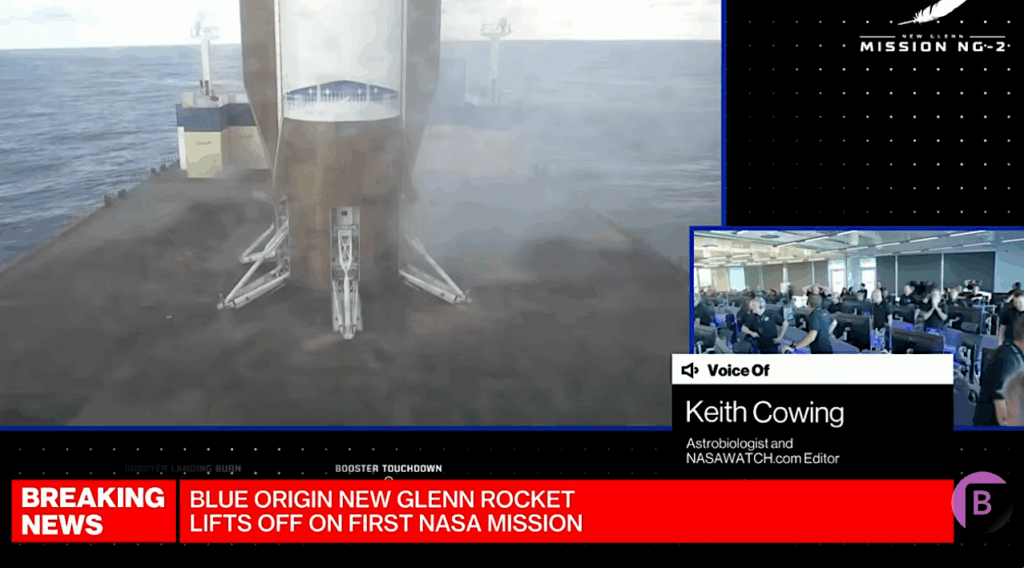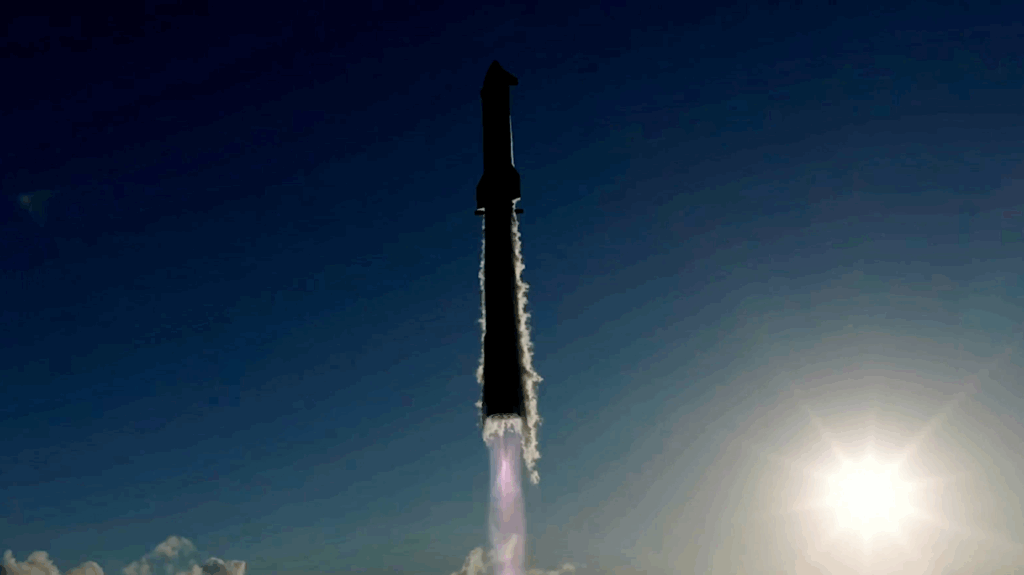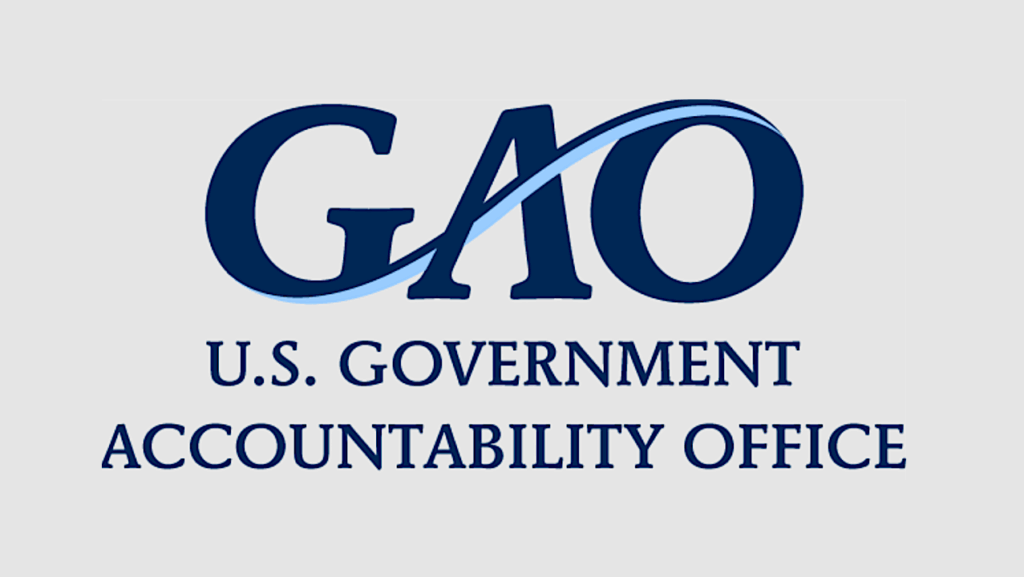Congress Is Using Bad Numbers To Trash a Business Case

 Keith’s note: When a witness testifies before this committee they are required to sign a “Truth in Testimony” from which the committee now posts on its hearing website (just look uner each witness’ name for links). Yet the hearing charter that the committee posts on its site does not seem to be held to the same high standards. One glaring example:
Keith’s note: When a witness testifies before this committee they are required to sign a “Truth in Testimony” from which the committee now posts on its hearing website (just look uner each witness’ name for links). Yet the hearing charter that the committee posts on its site does not seem to be held to the same high standards. One glaring example:
“The terms of the contracts awarded to SpaceX and Orbital call for delivery of at least 40 metric tons (approximately 88,160 pounds) of cargo to the space station between 2010 and 2015 for $3.5 billion. SpaceX was awarded $1.6 billion to deliver 20 metric tons on 12 cargo resupply missions. Orbital was awarded $1.9 billion to deliver 20 metric tons on 8 cargo resupply missions. The following chart lists approximate costs to deliver one pound of cargo to the ISS under various programs. Development costs are not included in these calculations, and are considered proprietary information by the COTS partners.
Approximate cost per pound to ISS
Space Shuttle* – $21,268
Russian Progress – $18,149
Commercial Resupply Services (CRS) – $26,770
*Calculated assuming four missions per year with a capability to deliver 16 metric tons (35,264 pounds) to the space station at a total annual program cost of $3.0 Billion. $3,000,000,000 (4 flights 35,264 pounds/flight) = $21,268 per pound. Assumes no additional cost to transport 28 astronauts to the space station and return.
Costs for the Russian Progress and the Commercial Resupply program are NASA estimates. The CRS estimate would be higher, at around $39,700 per pound, if derived using a method similar to that used for the Space Shuttle; i.e. Dividing the CRS program cost ($3.5 billion) by the mass delivered to the space station (40 metric tons, i.e. 88,160 pounds).”
 Keith’s note: Are full shuttle development costs, sustaining engineering, post-Challenger and post-Columbia fixes etc. included in what it cost to develop and maintain the current shuttle capability – including costs picked up by the ISS program? Is any honest attempt whatsoever made to figure out what the development costs (mostly by the communist command economy Soviet Union) were for Soyuz/Progress system? Everyone knows that the Russians pick the highest cost they can get away with (they learned capitalism from us all too well). Yet this committee’s staff (i.e. Ken Monroe) provides these misleading numbers to the members of the committee to cite as facts.
Keith’s note: Are full shuttle development costs, sustaining engineering, post-Challenger and post-Columbia fixes etc. included in what it cost to develop and maintain the current shuttle capability – including costs picked up by the ISS program? Is any honest attempt whatsoever made to figure out what the development costs (mostly by the communist command economy Soviet Union) were for Soyuz/Progress system? Everyone knows that the Russians pick the highest cost they can get away with (they learned capitalism from us all too well). Yet this committee’s staff (i.e. Ken Monroe) provides these misleading numbers to the members of the committee to cite as facts.
If witnesses (invited to voluntarily testify) are put through this scrutiny to calibrate their truthfulness/conflicts of interest, then shouldn’t staff (and members who get political contributions) be asked to sign a similar form stating that their “facts” are as free from bias as they can possibly make them? And since some of these numbers come from NASA, shouldn’t they also be called upon to at least provide caveats (in the case of Progress numbers)?
How can you possibly have a calm, reasoned discussion about the cost of things – and the relative merits of government vs private sector operations – when the numbers are either flawed, cooked, or skewed like this? Curiously, it was Shotwell and Culbertson who knew all of their numbers – and the numbers rolled off their tongues easily when asked – and often, when they were not asked.








